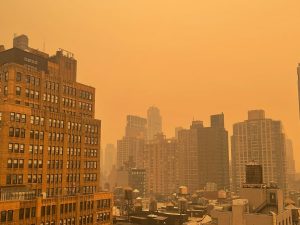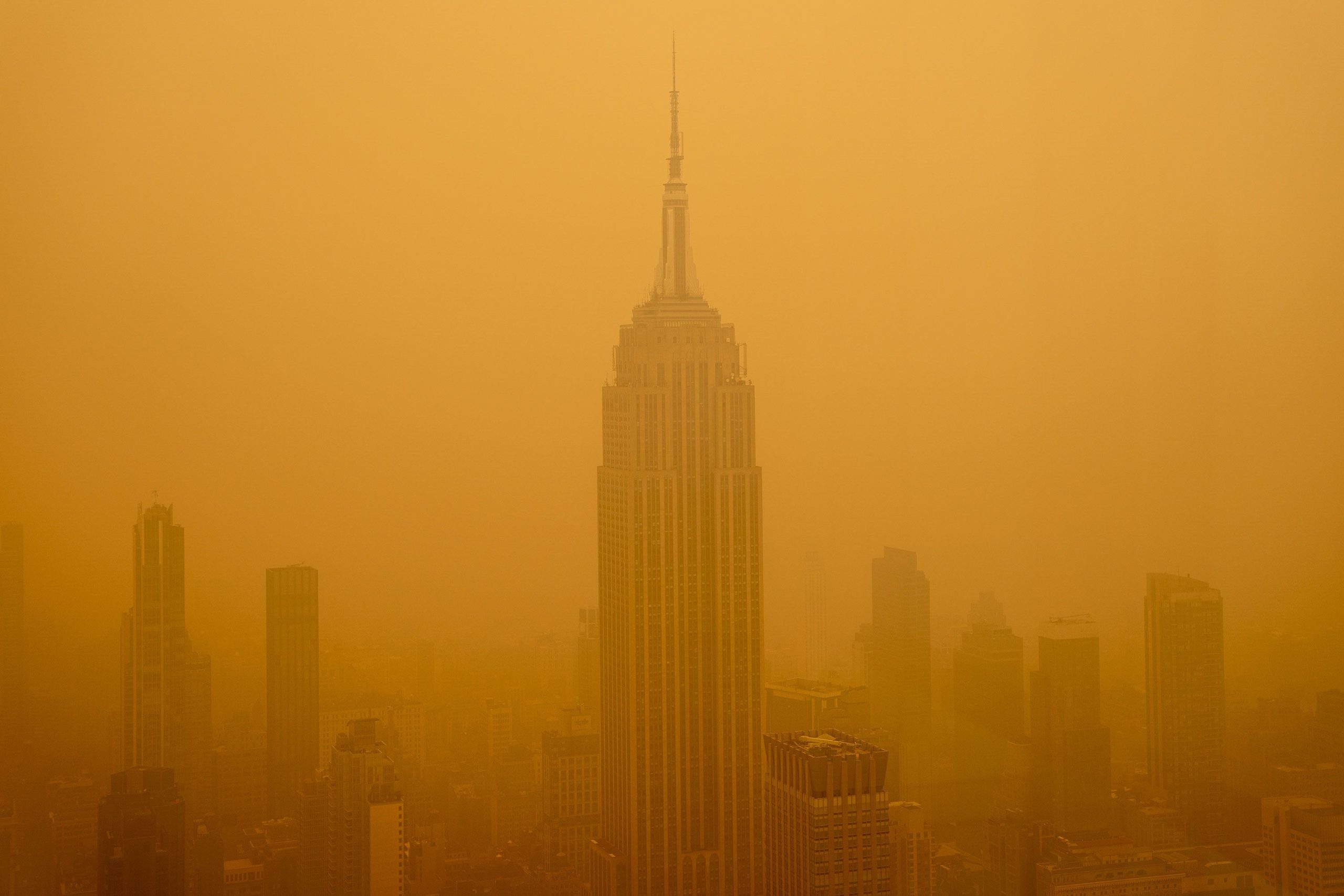This article is aimed at individuals concerned about the escalating exposure to wildfire smoke in the United States and its potential health consequences. Readers will gain insights into the alarming increase in smoke inhalation over an 8-month period compared to previous years, the factors contributing to this trend, and the associated health risks. The article also highlights recent research findings from Dr. Roger D. Peng, a distinguished biostatistician renowned for his work on analyzing health data related to air pollution.
Introduction
The relentless advance of wildfires is casting an ominous shadow over the United States, with a shocking revelation: Americans now inhale more wildfire smoke in a mere 8 months than they did over several years. Dr. Roger D. Peng, a leading biostatistician, lends his expertise to decipher the implications of this concerning phenomenon, merging science and public health.
From Brief Incidents to Ongoing Peril
The article delves into the stark shift from sporadic wildfires to enduring infernos, fueling a chronic smoke presence. The evolution of wildfire seasons is examined, shedding light on the factors contributing to this unsettling trend.
The Analytical Lens of Dr. Peng
Dr. Peng’s exceptional insights come to the forefront as he navigates the intersection of data analysis and environmental health. His research magnifies the intricate nature of wildfire smoke, the pollutants it carries, and the ramifications for human well-being.

The Health Quandary: Unmasking the Dangers
Dr. Peng’s research paints a vivid picture of how prolonged smoke exposure disrupts human health. The increased prevalence of respiratory issues, cardiovascular concerns, and broader systemic impacts underscore the urgency of addressing this escalating public health concern.
Charting a Path to Resilience
Dr. Peng’s work transcends raising alarms; it suggests strategies for mitigation and adaptation. By recognizing the regional nuances of wildfire smoke exposure and advocating for data-driven policies, communities can foster resilience in the face of an evolving threat.
A Call to Empowerment and Action
The article concludes with a call to empower readers with knowledge that transcends mere awareness. As individuals, communities, and policymakers, we hold the collective responsibility to curb the inhospitable reach of wildfire smoke and safeguard the air we breathe.
Conclusion:
The rapid escalation in Americans’ exposure to wildfire smoke over an 8-month period marks a profound shift in the environmental landscape. Dr. Roger D. Peng’s expertise underscores the intersection of data analysis, environmental health, and public awareness. His research magnifies the implications of sustained smoke inhalation and urges us to respond with informed action. As the nation grapples with this new reality, the article resonates with a resounding message: our commitment to cleaner air and healthier lives is essential, transcending the realm of mere search engine optimization and encompassing the empowerment of individuals and communities alike.











